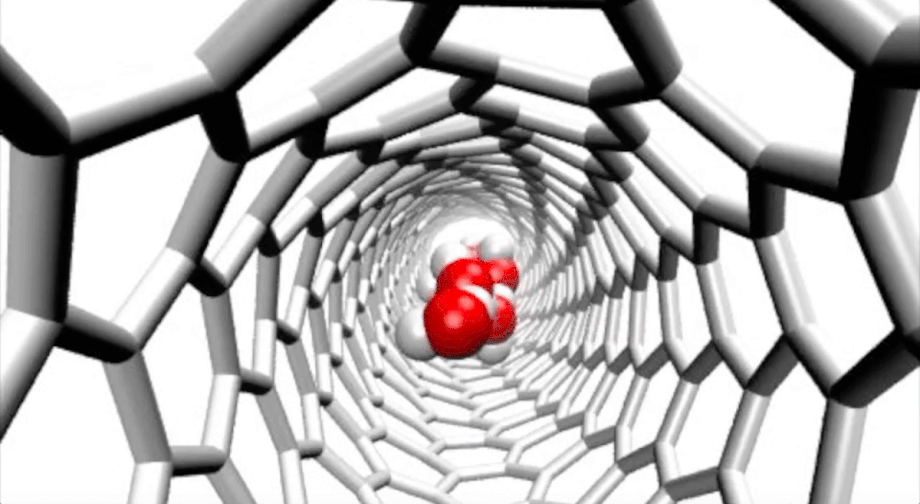

Contact: Manager Yang
Hotline: 950-4048-3964 (free)
Tel: 0510-85386636
Mobile: 18011518665
Shangmeng Technology Wuxi Co., Ltd.
Address: A1-602, Tianan Smart City, No. 228 Linghu Avenue, Xinwu District, Wuxi City, Jiangsu Province

Scientists have created tiny carbon nanotubes that filter water very efficiently and one day helps seawater turn into potable water. If it achieves large-scale deployment, then water-scarce countries, including China, will no longer have to worry about water shortages.
According to a paper published in the journal Science, the carbon nanotubes used to desalinate seawater are similar to certain proteins in human cells, but are more than seven times more efficient than the latter. Although current carbon nanotubes are not able to filter salt water as complex as seawater, scientists say they have successfully diluted similar salt water. The researchers said that in the next step they will increase the pressure that carbon nanotubes can withstand, enabling them to filter seawater efficiently.
Aleksandr Noy, associate professor and associate professor at the University of California at Mercedes, said: "The source of inspiration for carbon nanotubes is the aquaporin that is found throughout the body. These proteins are used to filter unwanted ions and transfer water to ensure cell internal stability. Environment.” While aquaporin is only 0.3 nanometers in diameter, it creates an express channel that allows water molecules to pass through. “It’s really small and incredible, but it’s incredible,” Noy said. “I’m very interested in what gives it the ability to filter.”

But Zuzanna Siwy, a professor of physics at the University of California, Irvine, said: "Aquaporins in biology are difficult to use in industrial production because they are very fragile and have no protein production mechanisms inside the cell." So the researchers decided Using carbon nanotube technology, it mimics a "water express channel." These carbon nanotubes have a width of 0.8 nm and are capable of arranging water molecules in a line, and the filtration speed is more than 7 times that of the original protein. "But don't be too happy," Noy said. "According to my experience, nature is not so easy to beat at any time."
The water channel is slow because it filters out all ions, including the smallest protons. Therefore, the water molecules must be turned 180° in the water channel, and the collision of water molecules slows down the speed of their passage. Noy said: "Carbon nanotubes don't filter protons, so they can be filtered more efficiently, which is why we can beat proteins."
Although it is impossible to filter out the protons, it is only necessary to completely dilute the filtered water into fresh water after passing through an artificial membrane treatment. Due to the extremely high reliability and high efficiency of carbon nanotubes, its large-scale use can significantly reduce the cost of desalinated seawater. 
Simulating water molecules through carbon nanotubes.
“In order to do this, we must strengthen the carbon nanotubes to make them stronger enough to withstand stronger impacts,” Noy said. “And further testing is needed to ensure that the desalination work is foolproof. In fact, we are away from real industrial use. The level is still far behind, but we are confident that we can do it."
For Siwy, the study also shows that there is always room for improvement. "Other scientists have created carbon nanotubes to filter water, but those are bigger and cannot deliver water as fast as aquaporins," Siwy said.
However, the nanotubes described in today's study are inherently opposite to nature. She said: "It seems that there should be no restrictions on scientific imagination." We should dream as high as possible because we can always do better.

Source: Sina Technology
Previous: The top ten scientific discoveries of 2017, each of which allows us to go further with the unknown
下一条: Anti-aging is always simple and young! Take a look at these studies!
Address:Tianan Smart City A1-602, No. 228 Linghu Avenue, Xinwu District, Wuxi, Jiangsu, China TelePhone:0510-85386636 Fax:0510-85384339 E-mail:info@solmontech.com
KeyWord: